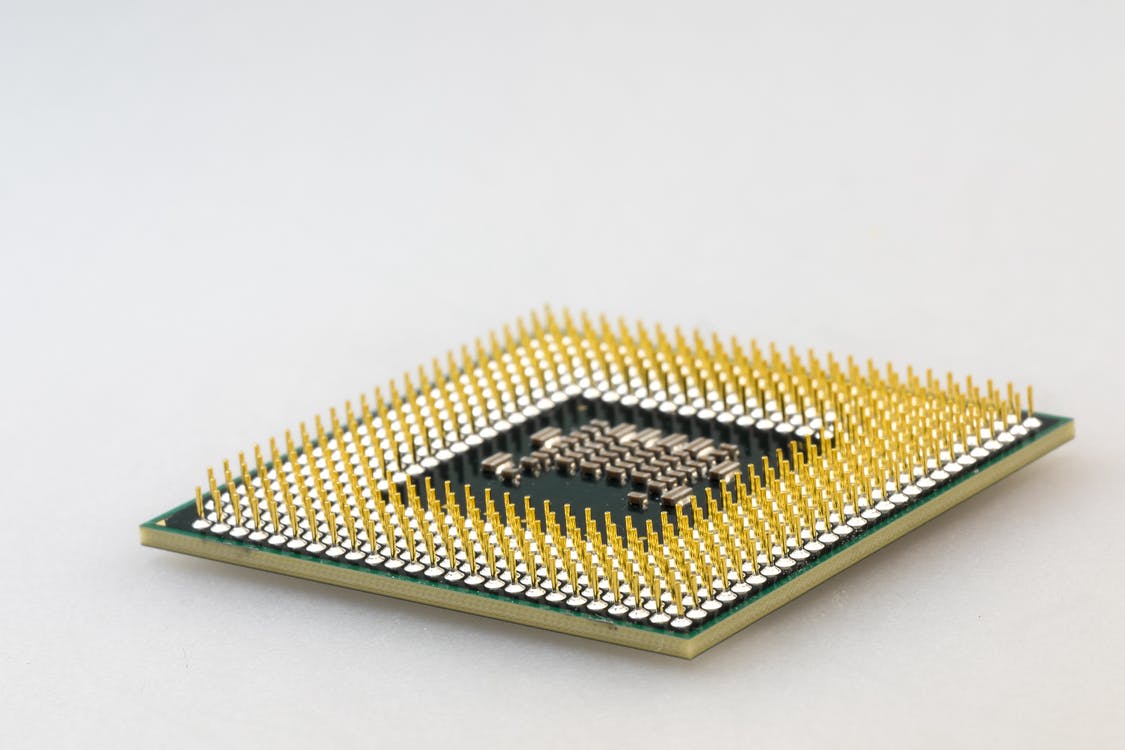CPUs are the central processing units of any PC, laptop, or server. It is essential to go with a CPU that can handle all your work requirements without worrying about overheating or inefficiency. When you are looking for a CPU, it is important to understand your requirements before making the final decision. You may want to take a look at factors such as number of cores, threads, clock speed, ability to overclock, and power consumption. A thorough understanding of the specifications and features can give you a clear picture of the performance and productivity.
As there is a great demand for CPUs on the market, it is valuable even if the CPUs or processors are used. Often times, when you upgrade your system for work or personal use, you may have unused CPUs at your office. You can sell the used CPUs to a reputable company like BuySellRam.com, who pays very competitive price for you to sell your used processors. By doing so, you get paid for your unused CPUs and you can also protect our environment.
While searching for a new CPU, you want to consider the following factors:
1. Upgrade or new purchase
If you would like to upgrade the CPU in your existing system, you should check if the new CPU is compatible with the motherboard. If the system requires major changes to the hardware, it can be difficult to upgrade. When you replace the motherboard, it is as good as building a new one. Intel and AMD are the major players with a range of CPUs. Each of the type cater to a particular kind of requirement. For example, if you engage in simple tasks, you can go with a single-core processor. If multitasking and CPU-intensive activities are your main requirements, you can opt for a multi-core processor with multi-threading performance.
It is also necessary to look at the socket compatibility before opting for a new CPU. If the CPU is compatible to the socket on the system, you can go ahead with the upgrade. If you hit a dead-end socket, it can be difficult for upgrading with the existing system.
2. Features for consideration
One of the most important features in any CPU is the core count. Cores are similar to engine cylinders that determine the overall power to the system. Depending on the requirement, core count can affect the performance. If you engage in multithreaded software usage for activities like content creation or video editing, you require multiple cores for the productivity. If you use the CPU for gaming activities, you would notice that the games require a certain number of cores and threads. When you know the minimum core requirement, you can opt for a compatible processor.
Multithreading is another feature that affects the performance and productivity. A multi-threaded processor allows you to run two separate activities or assignments on each core. It is useful for performing CPU-intensive activities, allowing you to process many activities in a simultaneous manner. The Intel CPUs refer to multithreading as hyper-threading (HT), while AMD chips refer to it as symmetric multithreading (SMT). Intel’s new 10th generation processors support multithreading for higher productivity. You can take advantage of the feature in the core i3, i5, and i7 chips. The AMD Ryzen also has potential for multithreading.
The next feature that is important with respect to the CPU performance is the clock speed. This involves two factors called base clock and boost clock. The base clock is the standard clock rate at which the CPU can perform as determined by the system specifications. It is the default clock speed for the optimum performance of the core. The boost clock, as the name suggests shows the maximum limit to which the core can shift depending on the requirement. If the activity demands more productivity, it can increase the limit to the boost level. Whether the boost clock can be activated depends on the CPU cooling hardware, software, specifications of the CPU, motherboard, and other requirements.
Another feature that can influence your decision is the ability to overclock. If the CPU is locked, it does not allow you to access the clock multiplier to make any changes. On the other hand, it is unlocked, you can change the clock and tweak the rate as necessary. It is important to understand if the system can be overclocked before purchasing the CPU. This will give you an idea if there is potential for overclocking depending on the demand of the system.
By careful consideration of the core count, thread count, overclocking feature, and clock speed, you can opt for the best CPU. When you have a clear idea of the type of activities, you can narrow down on the right type of CPU or processor. Since upgrading a system may demand a major change, it is necessary to decide between uprading or going for new. Upgrading a system may force you to change the motherboard and socket. If the compatibility does not match, you may be forced to buy a new system completely.

